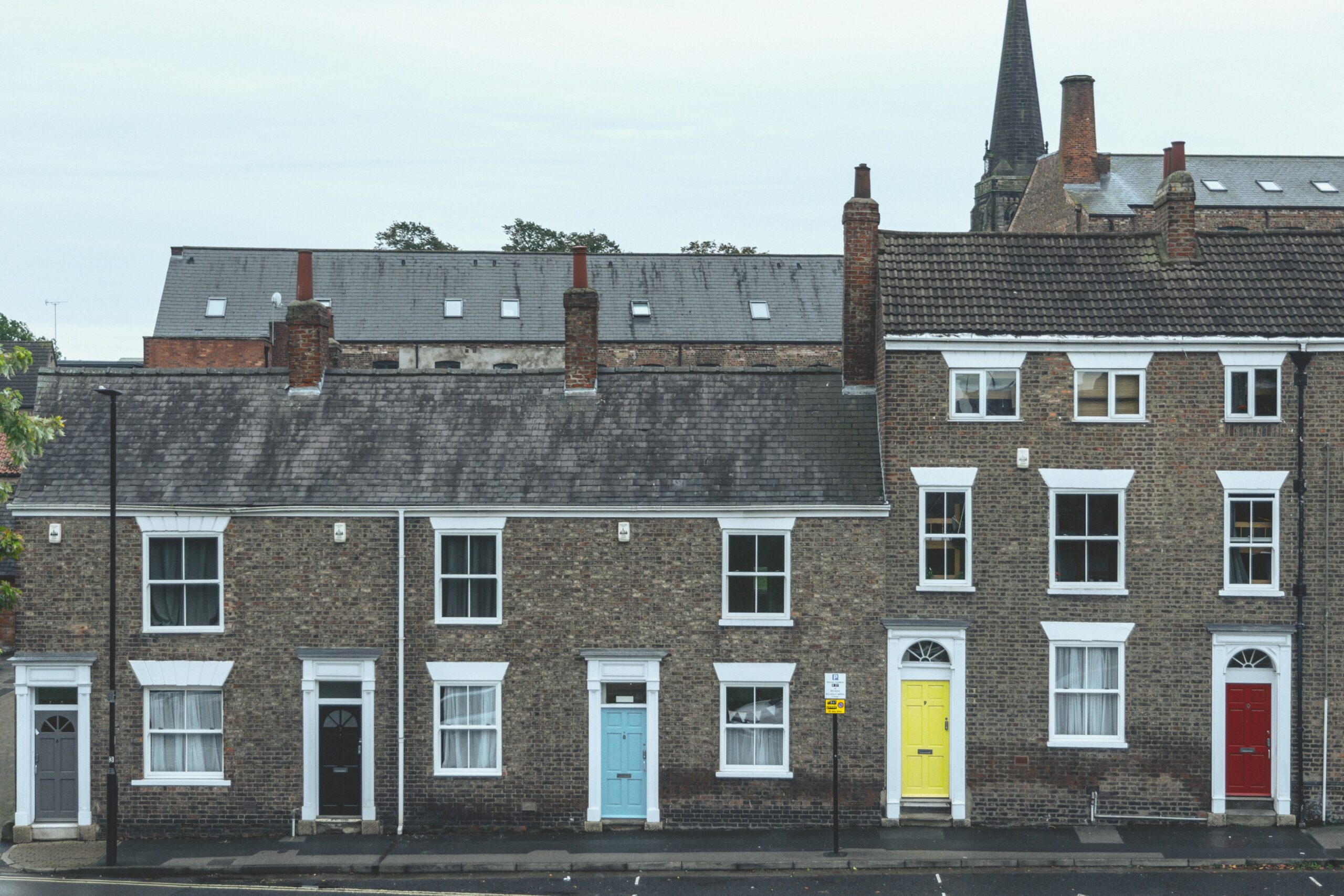
When buying or maintaining any property, having an understanding of the environment around you and the impact it can have on the resilience of the building is crucial. RICS (Royal Institute of Chartered Surveyors) surveys play a key role in assessing these factors and how they might affect your property or its value. Here, we’re exploring the various environmental considerations RICS surveyors include in their assessments.
1. Flood Risk Assessment
One of the primary environmental considerations in a RICS survey is the property’s flood risk. Those with higher flood risk may need to take action to improve drainage on the property, flood prevention and more. Surveyors evaluate:
- Historical Data: Reviewing past flood incidents in the area.
- Flood Zones: Identifying if the property is in a designated flood zone as per governmental and environmental agency maps.
- Drainage Systems: Assessing the effectiveness of the property’s drainage systems and any potential for improvement.
2. Soil and Ground Conditions
The condition of the soil and ground on which a property stands is another critical environmental factor that is assessed during surveys. Surveyors may look for:
- Soil Contamination: Checking for pollutants that may affect health and safety in the area.
- Ground Stability: Identifying issues like subsidence, which can indicate unstable ground conditions.
- Radon Levels: Measuring radon levels, particularly in areas known for high radon emissions.
3. Energy Efficiency and Sustainability
Energy efficiency is a growing concern for property owners and is often a legal requirement for Landlords or when selling a property. In order to obtain the best energy efficiency ratings and allow property owners to make improvements where needed, RICS surveyors assess the following, and more:
- Insulation Quality: Evaluating the insulation in walls, roofs, and floors to ensure energy efficiency.
- Heating Systems: Reviewing the type and efficiency of heating systems installed.
- Renewable Energy Sources: Identifying potential for or existing installations of solar panels, wind turbines, and other renewable energy sources.
4. Asbestos and Hazardous Materials
Older properties may contain hazardous materials like asbestos, but some newer properties past the asbestos ban date may still contain this harmful substance, due to manufacturing incompetence and old material stock use. Given the dangerous nature of certain levels of asbestos, it’s crucial to ensure that the proper assessments are done. Surveyors will:
- Inspect Building Materials: Look for the presence of asbestos, lead paint, and other hazardous substances.
- Safety Recommendations: Provide guidance on safe removal or management of these materials.
5. Air Quality and Ventilation
Indoor air quality significantly affects occupants’ health and is therefore a key factor that assessors will look into. During the survey, RICS professionals will:
- Ventilation Systems: Examine the efficiency of ventilation systems to ensure good air circulation.
- Mould and Dampness: Check for signs of mould and dampness, which can impact air quality and structural integrity.
6. Water Quality and Plumbing
Surveyors also assess the property’s water systems to ensure safety of the water or risk of contamination, including:
- Water Supply: Ensuring the water supply is safe and reliable.
- Plumbing Integrity: Checking for leaks or outdated plumbing that could lead to water contamination or waste.
7. Environmental Impact of Location
The location of a property can have significant environmental implications. Surveyors consider:
- Proximity to Industrial Sites: Assessing potential pollution risks from nearby industrial activities.
- Noise Pollution: Evaluating the impact of noise from traffic, railways, or airports.
- Green Spaces: Considering the availability of nearby green spaces for recreation and environmental benefits.
8. Building Materials and Construction
The choice of building materials and construction techniques also impacts the environment. Surveyors review:
- Sustainable Materials: Checking for the use of sustainable, low-impact building materials.
- Construction Waste: Assessing the management of construction waste and recycling practices.
Whether you’re buying a new property or maintaining an existing one, a RICS survey can provide valuable insights into its environmental impact and guide you in making sustainable choices. With growing awareness of environmental issues, incorporating these considerations into property assessments is more important than ever.
We are on hand to help. Simply get in touch with us to book your RICS Survey, today.
